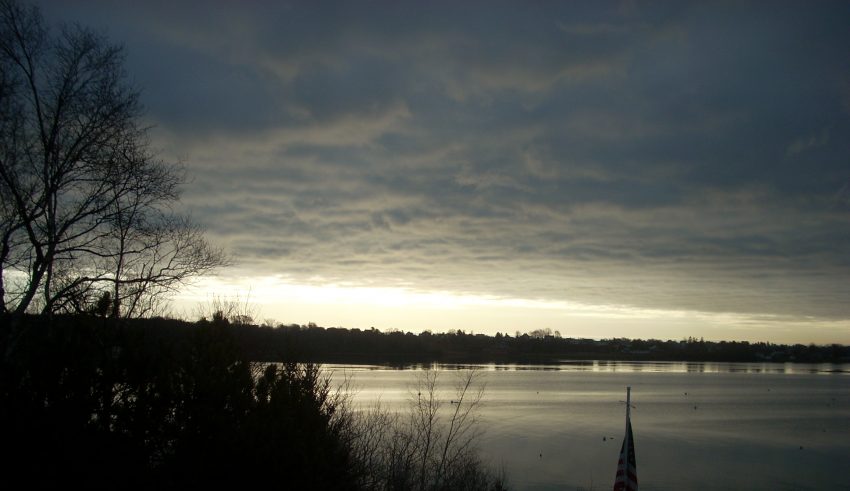
The leadership style of Traditionalists has been to “be in command and have control,” a style mostly lacking in today’s technological era. They tend to prefer formal communication through memos rather than e-mails, possess good interpersonal skills, believe that promotions, raises, and recognition should come from job tenure, and measure work ethic on the basis of timeliness and productivity (Endnote 6). Today in retirement Traditionalists want flextime arrangements, so if they continue working or volunteering it is on their own schedule and terms.
Overall, Traditionalists tend to be social and fiscal conservatives and are mostly Republican. They prefer the status quo, distrust change, and are slow to embrace it. They have saved money and consider retirement and leisure time suitable rewards for sacrifices made earlier in their lives (Endnote 7). Yet they also see themselves as vital and active people in the prime of life, about 15 years younger than their chronological age. Traditionalists have pioneered the way Americans view aging today.
Although most Traditionalists worry that they will leave the world in worse condition than they found it, they set the pace for civic action decades ago and are continuing to do so through volunteering today (Endnote 8). The trajectory for older adult volunteering has been upward through the last three decades, and Traditionalists are the most likely group to serve 100 or more hours a year.
Baby Boomers
Now between ages 48 and 66, this generation is the second largest in the US population (78 million) and also the most influential (Endnote 9). Unlike their Traditionalist parents, Baby Boomers didn’t experience economic or social hardships and have been able to focus mostly on themselves. They were born to post-WWII prosperity, when the economy expanded rapidly. Boomers have enjoyed unprecedented opportunities in education and employment and are the first generation who genuinely expected the world to improve with time. They also grew-up when momentous social conflict and change were occurring: the assassinations of JFK, Robert Kennedy, Martin Luther King, and Malcolm X; Vietnam; war protests and riots; Woodstock; the walk on the moon; Beatle mania; and the civil rights, women’s, and environmental movements (Endnote 10).
Download Article















